Staff of Gio Linh District Social Policy Bank advise people on student credit policy - Photo: T.LINH
Overcoming difficulties to sow letters
In Lai An village, Gio My commune, Gio Linh district, the harsh sunlight seemed to burn the old tile roof red. In her small house, Ms. Nguyen Thi T. took a break from gardening to chat with us about her children's education. In a purely agricultural rural area, she and her husband do all kinds of jobs to make a living, from construction workers to rice and vegetable growers, and sometimes even raise cows to increase their income. However, with four children of school age, the economic burden is not small. Thanks to preferential loans from the Gio Linh District Social Policy Bank to cover the children's education. Each month, in addition to the interest of about 650,000 VND, she also saves 200,000 VND to have a savings account to pay off the debt later. She said that in order to buy two motorbikes for her children to go to school, she had to sell two cows, the most valuable asset in the house.
In Quarter 1, Gio Linh town, the story of Ms. Tran Thi Thuy continues to illustrate the role of student credit policy. Ms. Thuy has three children, of which the first two children were able to borrow capital to attend university. The eldest daughter, Le Kieu Oanh, after graduating from Hue University of Agriculture and Forestry, now has a stable job at the District Land Registration Office. The younger sister, Le Thao Uyen, has just started her first year at Da Nang University of Technology. “Every month, my husband and I save nearly 1.1 million VND to pay interest and save money for our two children. It is hard work, but it is a joy. Thanks to the Gio Linh District Social Policy Bank, my children can study properly, have the opportunity to advance, and are not inferior to their friends,” Ms. Thuy shared.
Staff of Gio Linh District Social Policy Bank provide preferential loans to people - Photo: T.LINH
Not only stopping at the loan for her children's education, Ms. Thuy's family also received capital support to develop the economy, such as raising pigs and chickens, improving income, creating a sustainable foundation to repay the debt on time. This is a typical model of effectively integrating credit policies, helping people to both access education and proactively produce to repay the loan.
Humanitarian policy - the driving force of education
Implemented since 2007, the student loan policy in Gio Linh district has brought about clear results. Currently, the district has 724 loans with a total outstanding debt of more than 50 billion VND. Borrowers are concentrated in the communes of Gio My, Gio Son, Gio Quang, Phong Binh, Trung Son... With an interest rate of only 6.6%/year, equal to the policy for poor households, long loan term, no early repayment fee, the student loan policy is a wide open door for hundreds of students to enter the classroom.
In particular, in order for the policy to reach the right target and promote practical effectiveness, the Social Policy Bank has entrusted local socio-political organizations such as the Youth Union, Women's Union, Farmers' Association, and Veterans' Association. These are important "extended arms" in reviewing, guiding, monitoring, and accompanying households in need of loans. Thanks to their closeness to the people and understanding of the actual situation, these organizations have promptly approached and conveyed policies to each hamlet and household, ensuring fairness, transparency, and effectiveness.
Sharing about the significance of the student credit policy, Vice Director of Gio Linh District Social Policy Bank Truong Thi Thoa said: “We do not consider this as a simple credit program, but a political-social mission with humanistic values. Each disbursed loan is a learning opportunity retained, a family with less burden, a future preserved”.
According to Ms. Thoa, over nearly two decades of implementation, this policy has not only contributed to ensuring fairness in access to university and college education, but also created an important driving force in the process of sustainable poverty reduction, especially in remote and disadvantaged communes. "There are families who used to be poor, but thanks to their children's successful education, they returned to work, supported their parents in paying off their debts, and thereby escaped poverty," Ms. Thoa said.
Staff of Gio Linh District Social Policy Bank inspect the effectiveness of the policy credit model - Photo: T.LINH
Not only that, this policy also creates positive social effects. In many localities in the district, the number of high school graduates choosing to study vocational training and attend university is increasing. Typical models of families borrowing money - studying - paying off debts on time become the motivation for other families to boldly follow. Many grassroots union officials affirm that the student credit policy has helped us have more tools to mobilize young people not to drop out of school, not to fall into the cycle of seasonal labor, but to confidently continue their education.
On a broader perspective, students who have received loans, after graduating, working, and earning income, will themselves become a skilled and qualified workforce, contributing to economic development and improving the quality of local human resources. This positive cycle cannot be measured in terms of money but must be viewed in terms of the value of human and community development.
In the midst of a rural area still full of hardships, preferential loan packages for students are quietly sowing green seeds of hope. With the right policies, with the dedication of the team working on policy credit, with the determination of parents, the path of knowledge for many generations of students in Gio Linh is opening up.
Trung Linh
Source: https://baoquangtri.vn/thap-sang-niem-tin-tu-nhung-khoan-vay-chinh-sach-193378.htm


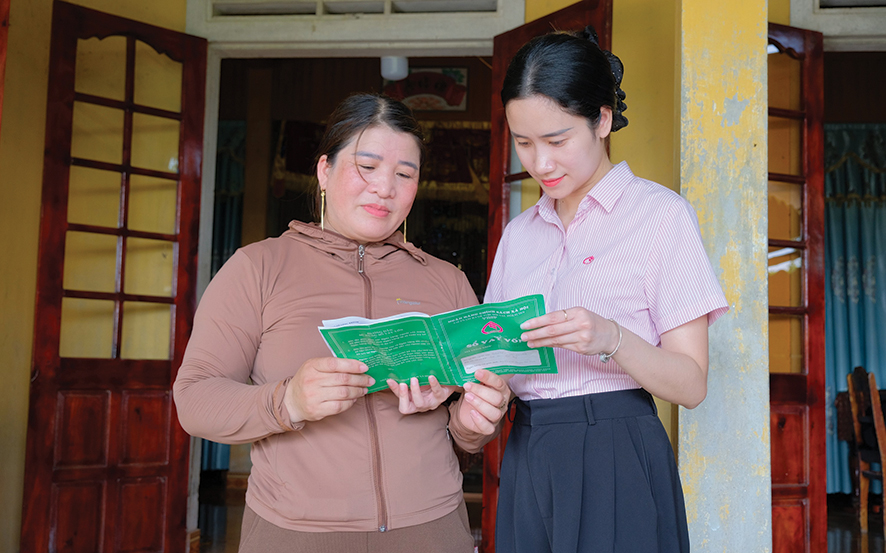
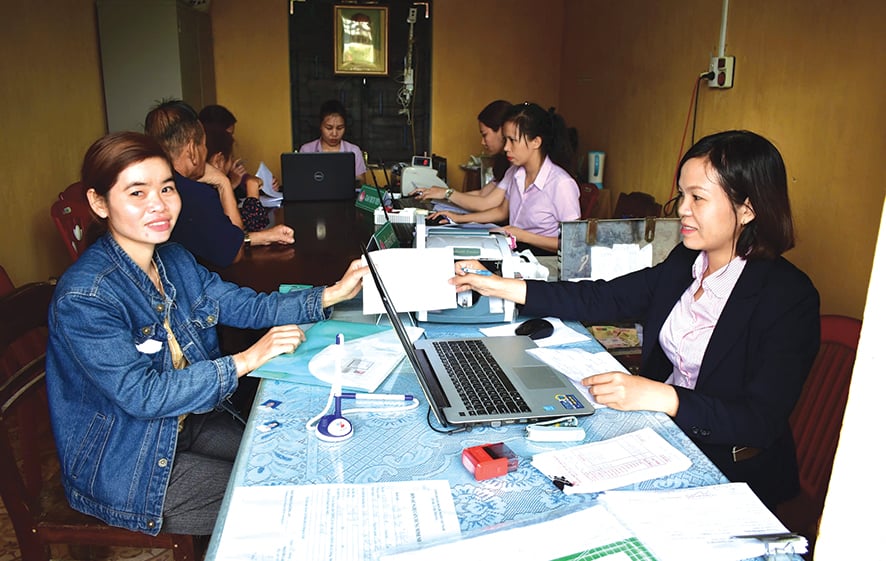
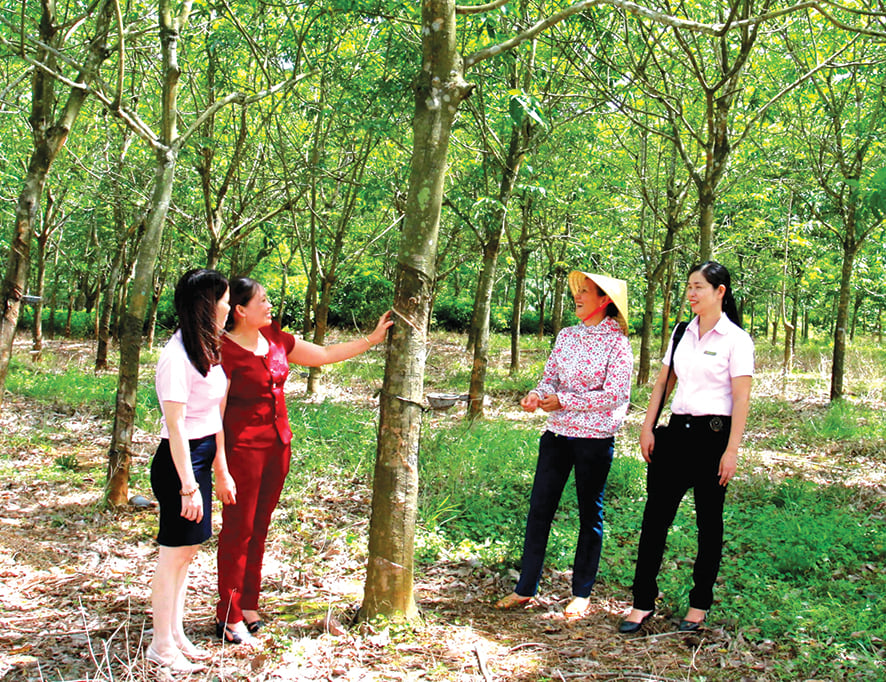
![[Photo] Vietnam and Sri Lanka sign cooperation agreements in many important fields](https://vphoto.vietnam.vn/thumb/1200x675/vietnam/resource/IMAGE/2025/5/5/9d5c9d2cb45e413c91a4b4067947b8c8)





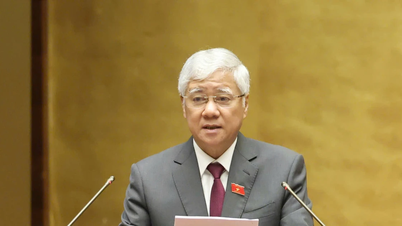

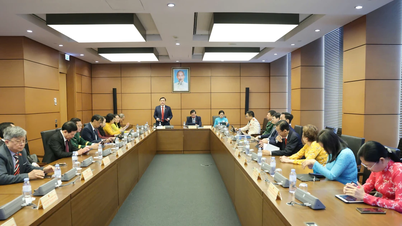

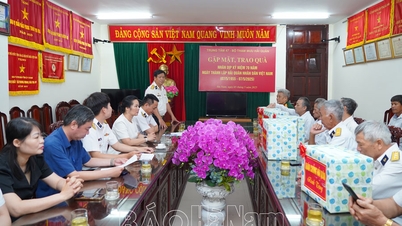





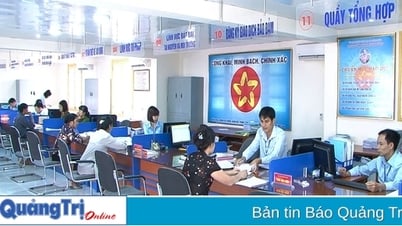





![[Photo] President Luong Cuong and Sri Lankan President Anura Kumara Dissanayaka visit President Ho Chi Minh relic site](https://vphoto.vietnam.vn/thumb/1200x675/vietnam/resource/IMAGE/2025/5/5/0ff75a6ffec545cf8f9538e2c1f7f87a)
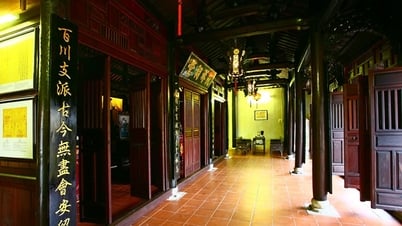







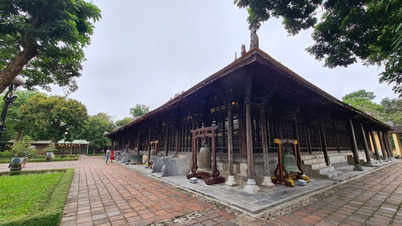



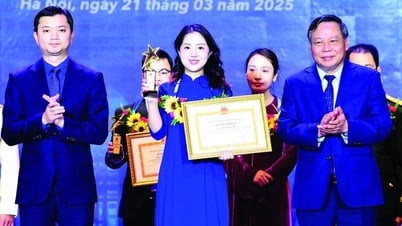

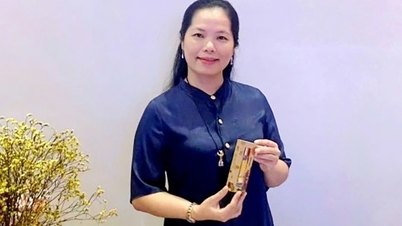

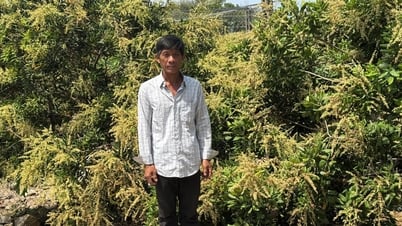
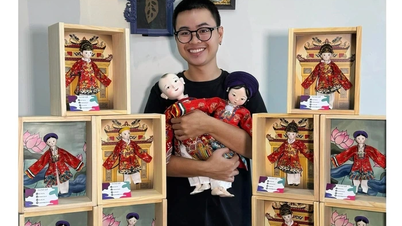




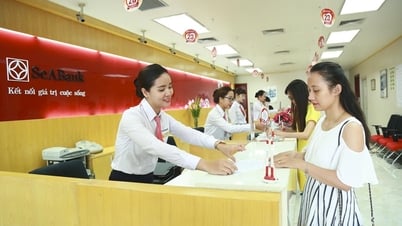








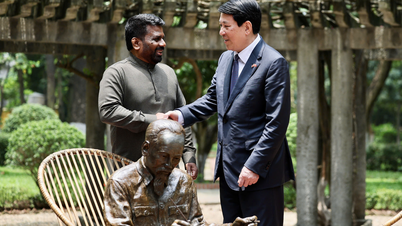
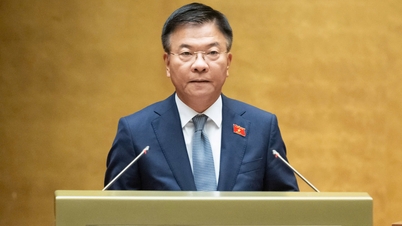



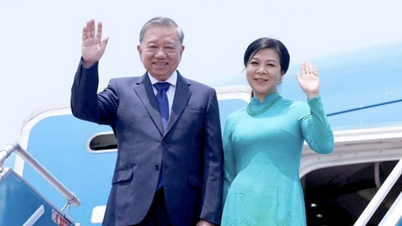








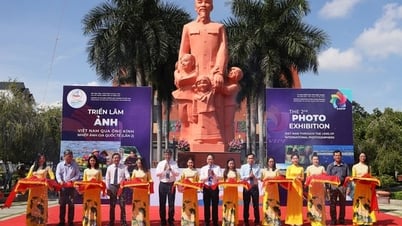

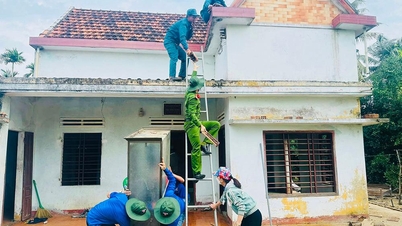



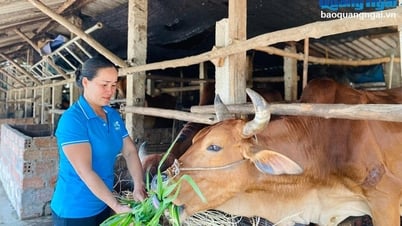
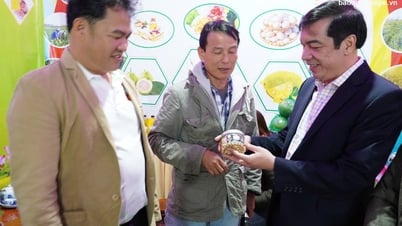

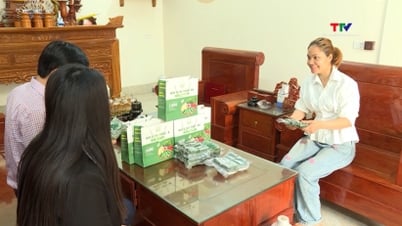

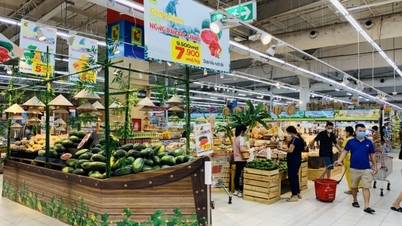



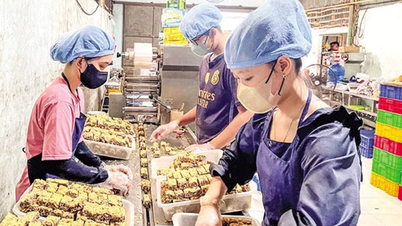




Comment (0)